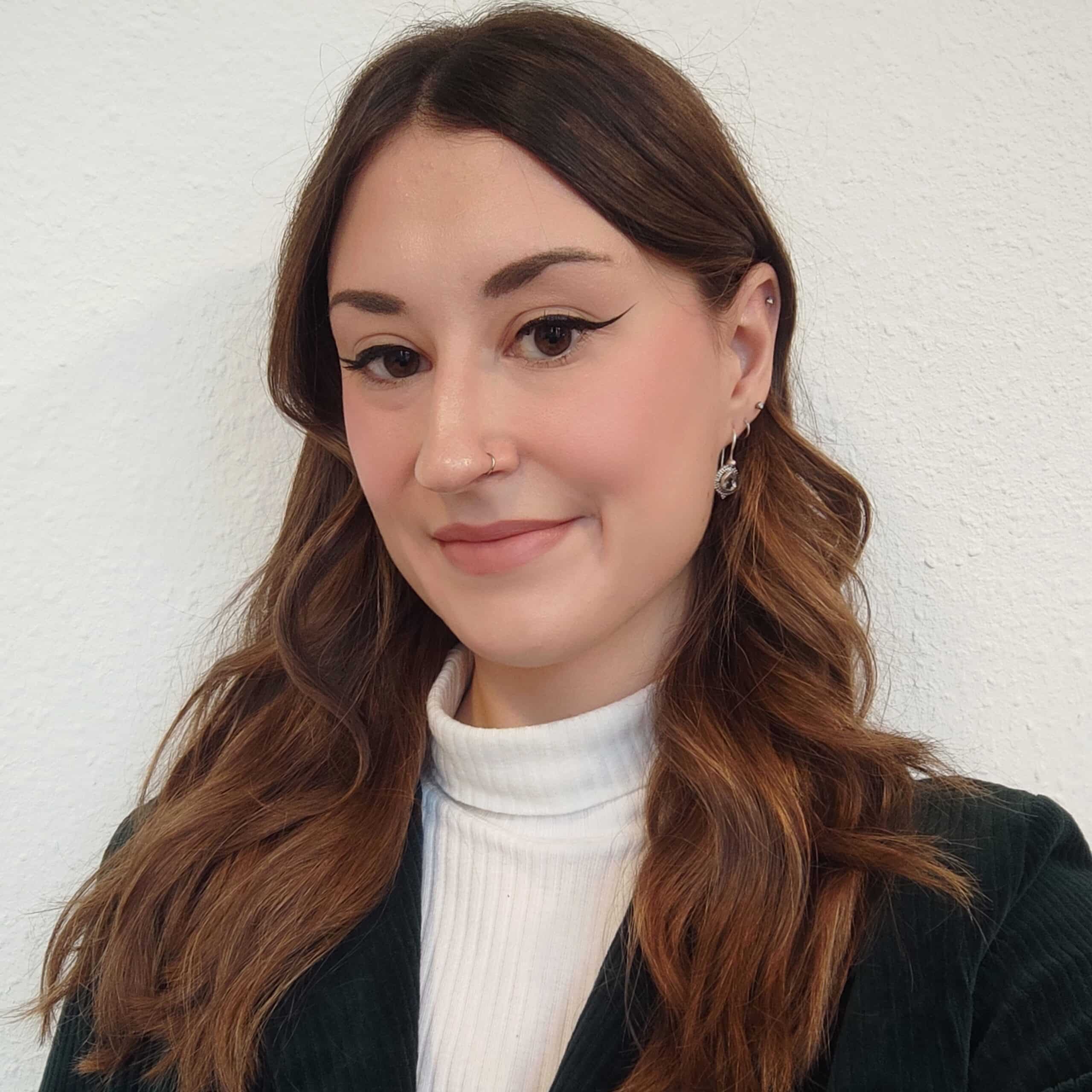Keeping up With Industry Trends Via Specialized MBA Pathways
In an interview with MBAGRADSCHOOLS, Professor of Operations Management and MBA Director, Professor Behzad Hezarkhani, shares his insights into the Southampton Business School, part of the University of Southampton. Currently, the Southampton Business School offers a Full-time MBA.
The Full-time MBA is a one-year program, accredited by AMBA and AACSB. While it initially started as a generalist management program, it has since launched various specialized tracks. Professor Hezarkhani explains, “We think that with the changes in the business environment, given new technologies and new perspectives on business, there’s the need to have more focused education. The context that our graduates are going to work and lead in are very different.” (00:43)
Today’s business world requires sharper expertise. This transformation reflects the demands of evolving business landscapes.
A Closer Look at the Six Pathways
Within the Full-time MBA, there are 6 specialized pathways that students can choose from. These include:
- Generalist MBA
- Entrepreneurship
- Fintech
- Analytics
- Maritime
- Project Management
These specializations are intended to help students gain in-depth knowledge. This ensures students are equipped with the specialized knowledge and skills needed to lead in their chosen field.
Applicants can apply directly to a specialized pathway or begin with the generalist track and then choose a specialized pathway later.
Hands-on Learning in the Southampton Business School MBA
Additionally, there are numerous opportunities for students to engage with hands-on learning throughout the MBA.
Business Study Trips
For example, students go on study trips to businesses “to see and observe in real time how different sectors are run.” (03:00)
The program includes two overseas trips. This includes an international study trip, and a ‘live’ project in an international location. Students are able to learn about practical business situations firsthand.
Working with Real Companies
Furthermore, students are able to work with established companies and industry leaders. They do so during their final capstone project, the Business Project Module.
Professor Hezarkhani explains, “Every year we invite industries to come and pitch problems to our students who can then work with those companies on those challenges within their Business Project Module, which is the final module.” (03:23)
This way, students gain firsthand insights into what is happening in the industry, in real time. These experiences help students contextualize what they learn, bridging gaps between theory and practice, and helping them to build confidence in their skills.
How Southampton’s Maritime Identity Adds Value
Southampton’s global maritime identity gives the program a competitive edge, especially for those interested in logistics, transport, or global trade. The city’s rich history as a port city and its role in global commerce cannot be denied.
“Southampton, first of all, is a port city and one of the major entries into the UK, and out of the UK, that gives us an edge…. We don’t just have a strong program in the MBA in Maritime Logistics; we have a very strong background in maritime research and education across the university.” (04:19)
This unique identity and historical narrative are particularly relevant to those who plan to take the Maritime Logistics pathway.
Who Benefits Most From a Specialized MBA?
While all pathways are open to all applicants, Professor Hezarkhani emphasizes that specialized MBAs are most effective for professionals with relevant experience. The MBA program is not meant to replace foundational knowledge but to build on it, refining existing skills into leadership-level capabilities.
“The MBA is the best fit strategically for someone who has experience in one field and wants to gain an extra layer of knowledge to push them [forwards] in their career in that field. Although if someone is coming from a different background and wants to generally understand more about business and management, a generalist pathway would equip them with sufficient skills. (05:36)
Thus, the MBA program can be suitable for different applicants, depending on what their end goal is.
A specialized pathway is ideal for those wanting to elevate their career in a particular field. The Generalist MBA pathway is better suited to those who want to gain broad business and management knowledge. Both prepare students with excellent employability skills for a successful career journey.
Is the Southampton Business School MBA Right for You?
If you’re looking for an MBA that offers specialized learning pathways to fit your career goals, the Southampton Business School Full-time MBA may be the right choice for you. Whether choosing the Generalist MBA or one of the specialized learning pathways, there is something for everyone.
The program combines hands-on experiences, personalized learning, and strong industry ties. Whether you’re advancing within your field or exploring a new one, the pathways offer tailored development and support. Graduates leave ready to make strategic moves that boost their careers.
For further information about the programs offered by Southampton Business School, explore the Southampton Business School profile page.
Want to study at Southampton Business School? Take our eligibility quiz to see if you qualify!







